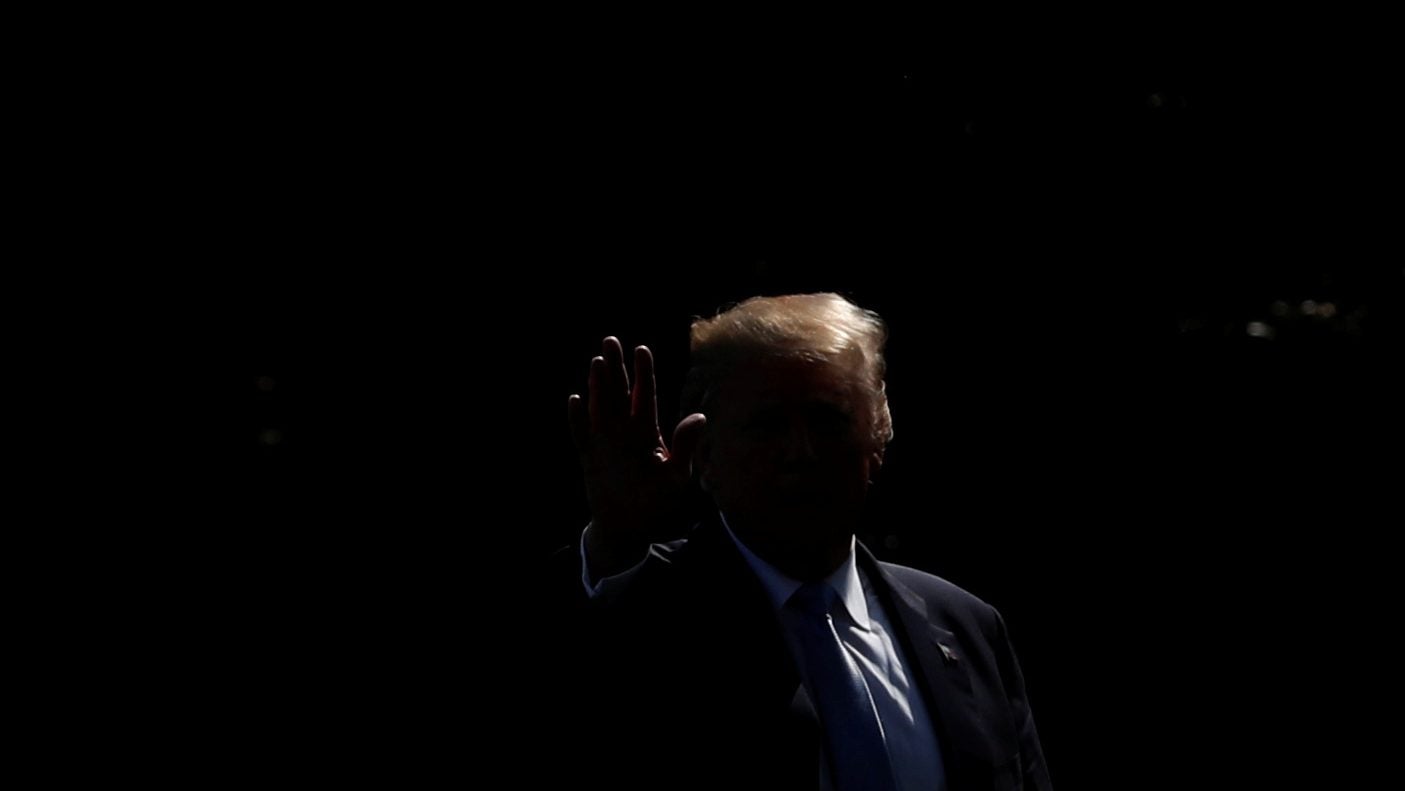Trump concedes at last—sort of—through someone else’s Twitter
Just before dawn, half a day after his supporters rampaged through the Capitol, president Donald Trump came closer than ever to conceding the end of his term in office. Congress had just certified the results of president-elect Joe Biden’s victory, at around 4am; Trump had nowhere else to go. True to form, he signaled defeat through Twitter—except, having had his own account temporarily suspended, he had to ventriloquize through one of his aides:


Just before dawn, half a day after his supporters rampaged through the Capitol, president Donald Trump came closer than ever to conceding the end of his term in office. Congress had just certified the results of president-elect Joe Biden’s victory, at around 4am; Trump had nowhere else to go. True to form, he signaled defeat through Twitter—except, having had his own account temporarily suspended, he had to ventriloquize through one of his aides:
The irony was ripe. For years now, Trump has weaponized Twitter, using it to announce policy, spread misinformation, and rile up his base. Only in the final days of his presidency has Twitter seen fit to boot him off the platform temporarily. Which was how he found himself robbed of his bullhorn just when he had to make his most reluctant announcement in four years: that his term had come to an end. Twitter was the outlet for his semi-concession, but he couldn’t even use his own handle to post.
Trump’s account will eventually be restored to him. But this twinned moment of suspension-concession also marks a shift in the relationship between man and medium.
As president, he enjoyed a high degree of immunity from Twitter’s already loosely enforced rules on speech. When he is a private citizen once more, in two weeks time, that immunity will vanish. Any future incitements to violence or dispersals of lies will likely to invite more suspensions, more reasons to borrow Twitter handles from his associates, and greater engagement with fringe, unregulated platforms.
Through Twitter today, Trump has received his first taste of post-presidency life.